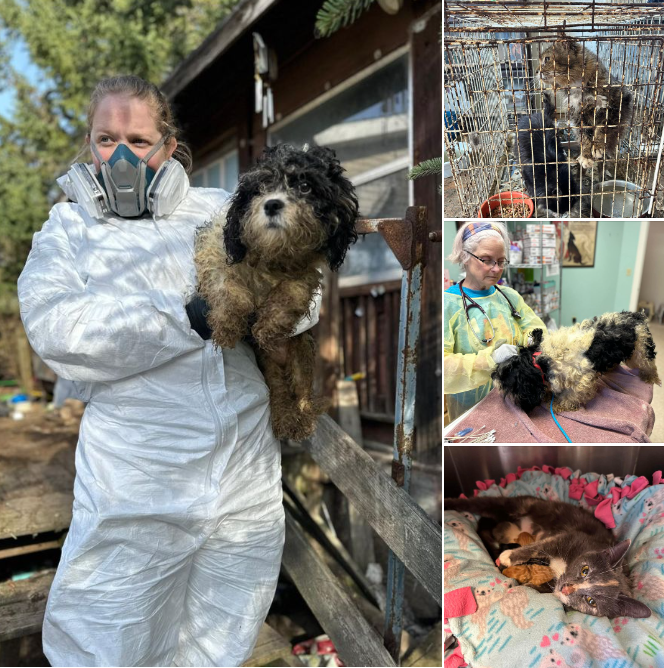Every parent is concerned and anxious to hear what’s going to happen when the new school year rolls around.
The 2020-2021 year will be unlike any other because of coronavirus concerns. While every student will be impacted by changes, it will be an especially unique situation for children with autism.
Parents like Ashley Bursian are curious to see how any changes after her son.
7-year-old Ari has autism and is nonverbal. Bursian says he thrives off his daily routine: going to school, then to behavioral therapy. The stay-at-home orders disrupted his schedule.
“After the first month, I noticed his behavior changing a little bit, he seemed a little more nervous, a little unsure, why we were stuck at home all the time,” she said. “That led to a lot more tantrums, and meltdowns, and interfering behavior.”
At school, Ari works in a smaller classroom with a teacher and multiple aides. Much of their lessons are hands-on and very physically involved. His education hasn’t translated well online.
“It’s been the hardest thing…the whole Zoom learning has not worked for him at all,” said Bursian.
Now, she’s hoping schools open back up so Ari can reunite with his classmates and aides.
“I think it’s really important, again, for autistic children to be with the teachers and to have that hand-over-hand and physical presence of helping them learn,” said Bursian.
Other parents aren’t as ready for that.
Kirby Knight has an eighth grader on the spectrum, but he describes him as high-functioning and extremely intelligent. But Knight is nervous that the school won’t be prepared to meet his needs.
He hasn’t heard any communication about the plans for the fall.
“We’re reaching a point now where we’re preparing not to send him back in the fall,” said Knight.
He doesn’t want his son, and others like him, to get a less than quality experience because of everything else happening at school.
“In our experience, unless you advocate for your kid, their needs are going to fall through the cracks,” he said. “We’re not going to send our son back into a situation where they’re unprepared to fully support him.”
Dr. Evonne Edwards researches behavior and says districts need to have a plan to keep up with the needs of these students.
“I think it’s important that our school districts pay particular attention to how can you do that and ensure needed services are still provided for our children and adolescents who have autism spectrum disorder,” said Dr. Edwards.
© 2023 - 910 Media Group

